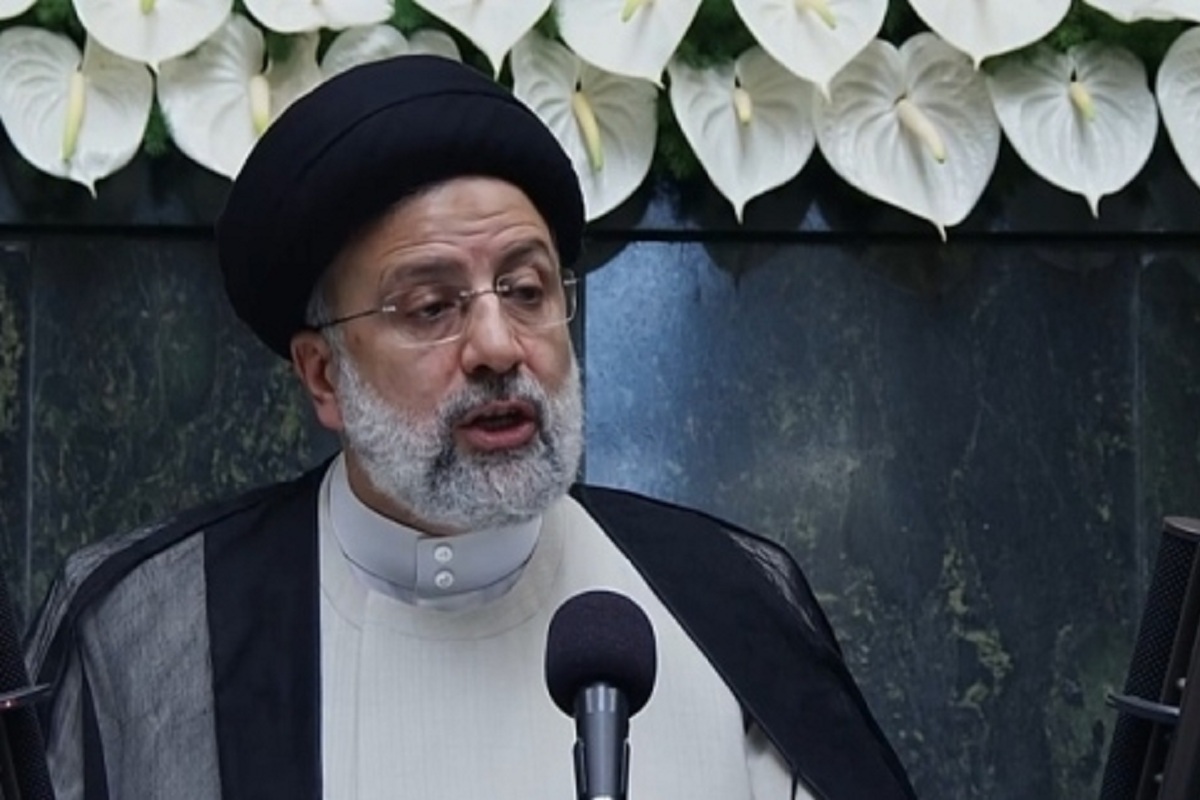Thursday’s inaugural of Ebrahim Raisi as President of Iran has happened amidst the stalled nuclear talks and hopes of Saudi detente. The grandstanding in Tehran signals the resumption of a hardline era that could shift the Islamic Republic’s policies at home and abroad.
After eight years of President Hassan Rouhani’s moderate administration, Iran now turns to Raisi, an ultra-conservative judge whose views are concordant with the theological philosophy of the country’s powerful clergy and Supreme Leader, Ayatollah Ali Khamenei, who has the final say on all major matters of state.
Advertisement
Raisi will also face the task of reviving his country’s economy, which has been battered in recent years by the previous US administration’s “maximum pressure” campaign of sanctions. Tensions in the region are also high following the maritime provocations blamed by the West on Tehran.
“I swear to safeguard the official religion and the establishment of the Islamic Republic and Constitution of the nation,” Raisi said which taking oath in Parliament on Thursday. The objective behind his country’s nuclear programme, he claimed, is “peaceful,” and that Iran “rejects the use of nuclear power except for civilian purposes.”
His assumption of power has been wholly endorsed by Ayatollah Khamenei ~ “In a transfer of power, new ideas and a new resolve enter the field, and this is a source of hope for all those who are highly motivated to serve the country, in particular the youth,” Khamenei said in the context of the contentious June elections that brought Raisi to power.
The polls were marked by a historically low turnout and criticized as largely uncompetitive after an unelected panel of clerics and lawyers barred all the major reformist and centrist candidates from running, all but guaranteeing Raisi’s victory. He is explicit on the point that he is on the same page as the Supreme Leader.
The new President also has a strong majority in Parliament, which will allow him to quickly push through legislation that could lead to major shifts in Iran’s domestic and foreign policies. The most fundamental change could happen in Iran’s stuttering economic policy. While Rouhani was keen to open Iran up to foreign investment and attract companies from the West, Raisi subscribes to the notion of a “resistance economy.”
This intrinsically is an economic model that Iranian hardliners have been propagating for years. It seeks to make Iran’s economy independent from outside forces, allowing it to contend better with the impact of international sanctions while trying to foster homegrown industries.
While Rouhani and millions of Iranians had hoped the landmark 2015 nuclear agreement would lead to a bonanza of foreign investment, those hopes were dashed by the Trump administration’s exit from the deal.
